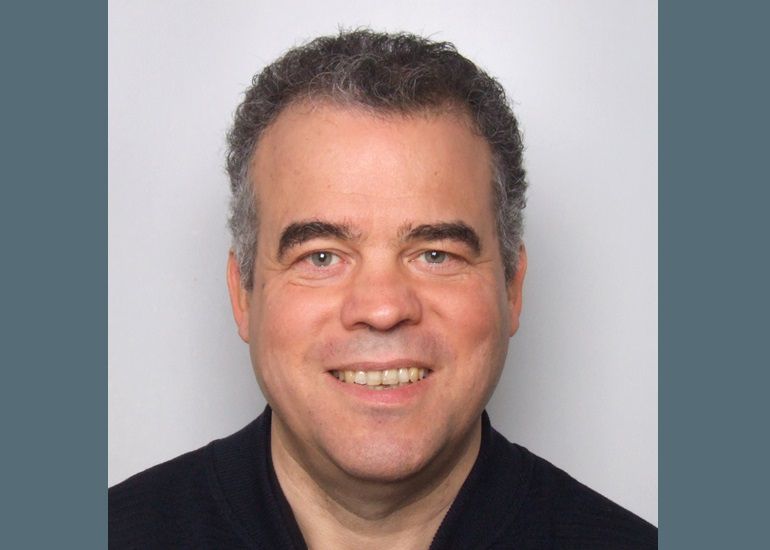Artificial Intelligence in Science: Challenges, Opportunities and the Future of Science
Alistair Nolan talks about the potential use of AI in science and research.

On This Page
On January 24, 2024, Alistair Nolan talked about the future of science in terms of the potential of new AI technologies.
Abstract
Accelerating the productivity of research could be the most economically and socially valuable of all the uses of artificial intelligence (AI). While AI is penetrating all domains and stages of science, its full potential is far from realised. Policy makers and actors across research systems can do much to accelerate and deepen the uptake of AI in science, magnifying its positive contributions to research. In a context in which some scholars contend that science is becoming harder, AI in research could support the ability of OECD countries to grow, innovate and address global challenges - from climate change to new contagions - and help address the economic burden of rapid population ageing. Mr.Nolan elaborated key messages from the recent OECD book Artificial Intelligence in Science: Challenges, Opportunities and the Future of Science. He discussed the current and possible future uses of AI in science, effects on research productivity, and the steps governments can take, including through international collaboration, to help achieve AI’s promise for science.
Slides
Here you can download the slides: Download the slides.
Video
If you watch this video, data may be transmitted to third parties.
Watch on YouTube: https://youtu.be/mOfsC_IOxpY
Program
Welcome Addresses
- Peter Ertl, Vice Rector Research, Innovation, International Affairs, TU Wien
- Gerti Kappel, Dean of the Faculty of Informatics, TU Wien
- Michael Wiesmüller, Head of Department Key Enabling Technologies for Industrial Innovation, BMK
Lecture
- Alistair Nolan, Senior Policy Analyst at the OECD
Discussion
The event was moderated by Stefan Woltran, Co-director of CAIML at TU Wien and Michael Stampfer, Managing Director at WWTF.
About the Speaker
Alistair Nolan is a Senior Policy Analyst in the OECD’s Directorate for Science, Technology and Innovation. Mr. Nolan currently coordinates various strands of OECD work on artificial intelligence (AI), most recently on AI in science and on the diffusion of AI and other advanced technologies in the business sector. Working with a team of scientists and AI experts he edited and co-authored the 2023 OECD book Artificial Intelligence in Science: Challenges, Opportunities and the Future of Science. He is currently working on a publication reporting the findings of a new survey of AI adoption in firms across G7 countries. Mr. Nolan has led preparation of a number of other OECD publications, including the 2017 book The Next Production Revolution: Implications for Governments and Business and, more recently, the study Making Life Richer, Easier and Healthier: Robots, their Future and the Roles for Public Policy.
Organizers
This event was organized by TU Wien, TU Wien Informatics, Center for AI and ML (CAIML), WWTF, Austrian Federal Ministry for Climate Action, Environment, Energy, Mobility, Innovation and Technology, and the Institute for Human Sciences (IWM),







